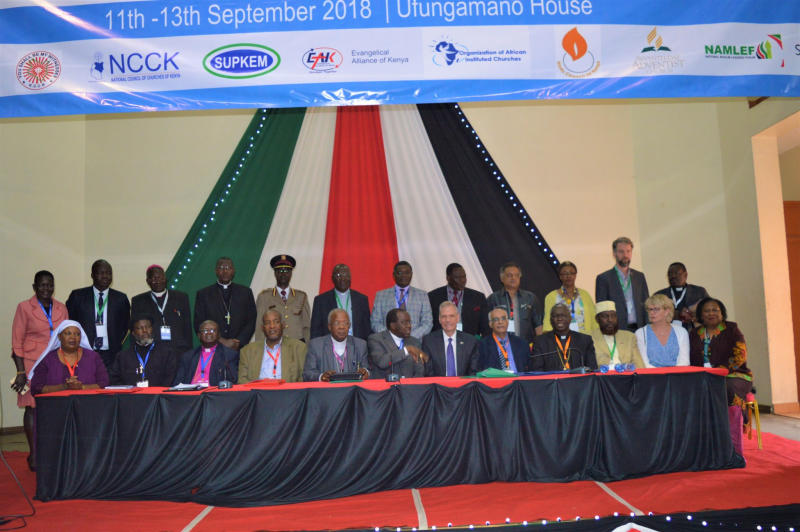×
The Standard e-Paper
Kenya’s Boldest Voice

Religious leaders from almost all faiths have proposed a raft of radical reforms, among them abolition of provincial administration and introduction of the Prime Minister position as a way out of Kenya’s problems.
The group is further proposing the reduction of the number of MPs and curbing of government borrowing to rescue the country from being mortgaged by international creditors.